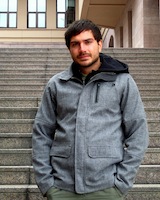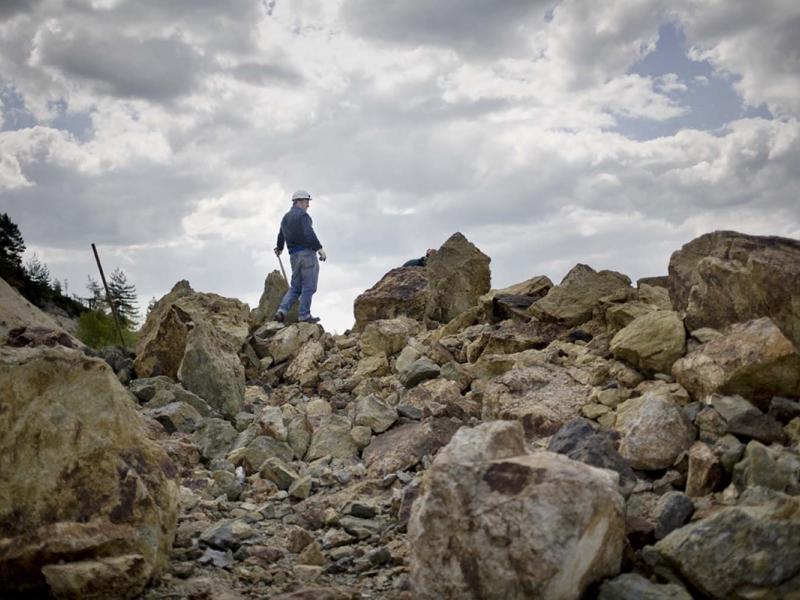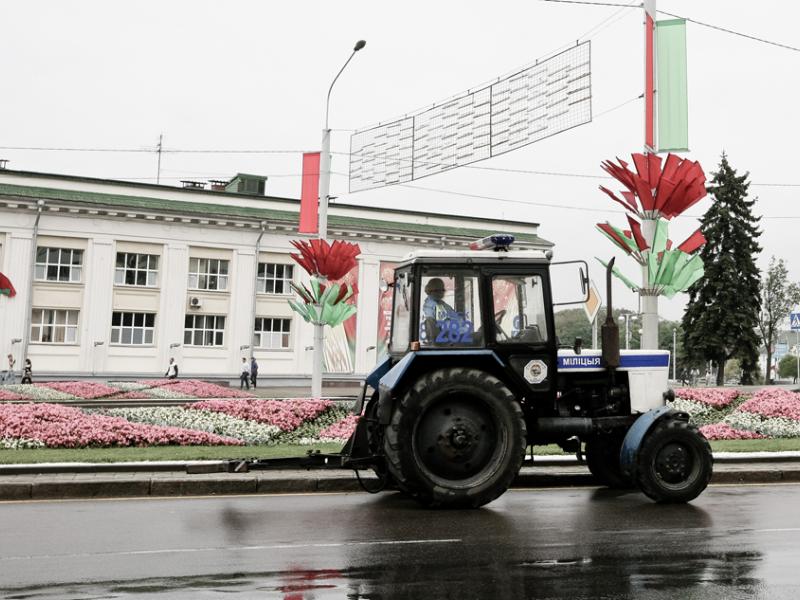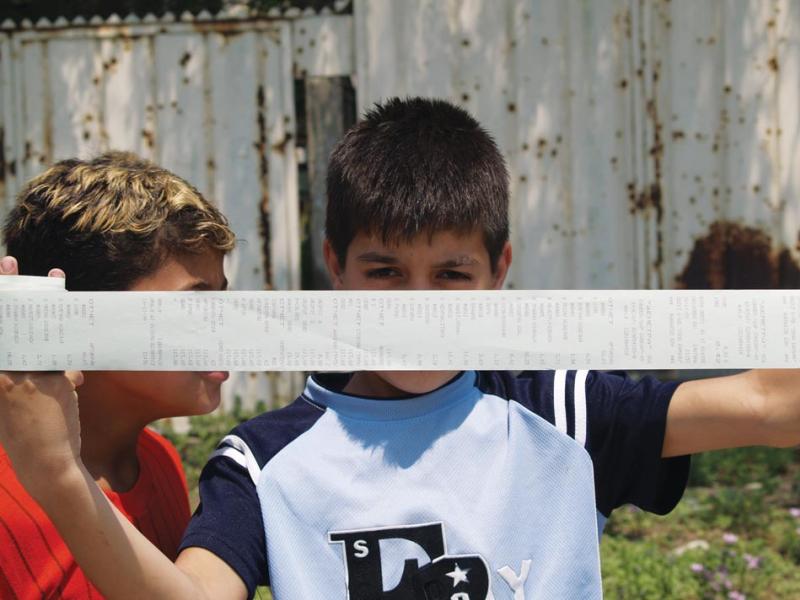
Dimiter Kenarov is a freelance journalist based in Istanbul, Turkey, and a contributing editor at the Virginia Quarterly Review. His work has appeared in Esquire, Outside, The Nation, The International Herald Tribune, and Boston Review, and was recently anthologized in the Best American Travel Writing series.







0 Comments